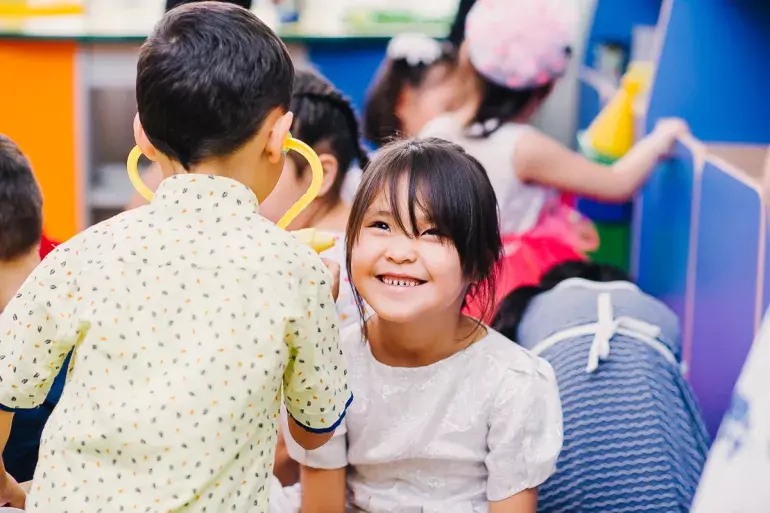ASTANA – Kazakhstan signed the Convention on the Rights of the Child (CRC) on Feb. 16, 1994, voluntarily assuming global commitments to ensure equal rights for every child. The convention became a tool for building a child-friendly society in Kazakhstan and the basis for cooperation between the United Nations Children’s Fund (UNICEF) and the government, reported UNICEF’s press service.

Photo credit: unicef.org
The CRC is the only international document that comprehensively defines children’s rights and is the most widely accepted document in global history, pivotal in transforming children’s lives worldwide. Its main principles include the equal rights of all children to life, development, protection, and freedom from discrimination.
Over three decades, Kazakhstan has come a long way in ensuring the protection and well-being of children, reducing the mortality rate of children under five years old by five times and the neonatal mortality rate by three and a half times.
In 2016, the country established the Commissioner for Children’s Rights institution, and in 2022, appointed commissioners in each region, enabling assistance in case of rights violations.
In 2023, Kazakhstan adopted and updated the Social Code, extending government benefits and social payments for childcare up to one and a half years. This year it also marked the launch of the National Fund for Children project, allocating 50% of the National Fund’s investment income to all children under 18, usable for education or housing upon adulthood.
Last year, the country ratified the third Optional Protocol to the CRC, setting a mechanism for reviewing individual complaints from children or their parents in case of rights violations.
“Over 30 years Kazakhstan has made significant progress in protecting children’s rights. In 1992, it became the first country to receive a multidisciplinary mission from UNICEF to study the situation. In the same year, UNICEF assisted with necessary medicines and vaccines for children. Since then, UNICEF has been working in Kazakhstan, protecting and promoting the well-being of every child, providing necessary assistance to the government and civil society,” said Laetitia Bazzi-Veil, Acting UNICEF Representative in Kazakhstan.
She also emphasized emerging challenges and priorities, such as developing and implementing a unified national strategy for protecting children’s rights. This strategy aims to unite partners, establish goals for implementing children’s rights, and create a comprehensive monitoring system. All these efforts will accelerate progress in safeguarding children’s rights in alignment with the Sustainable Development Goals.
Nasymzhan Ospanova, Chairperson of the Committee on the Protection of Children’s Rights of the Ministry of Education, explained that the committee is presently registered in the Depository of the Kingdom of the Netherlands as the authorized body responsible for implementing the provisions of numerous international conventions on children’s rights.
“It submits periodic reports on the situation of children in the country to the UN Committee on the Rights of the Child. Reports from Kazakhstan demonstrate compliance with the convention’s provisions, serving as the basis for assessing progress,” she said.
Ospanova further highlighted the implementation of the Child Well-being Index, a national monitoring system allowing for the selection and comparison of indicators across Kazakhstan’s regions and with international indices of children’s well-being.
